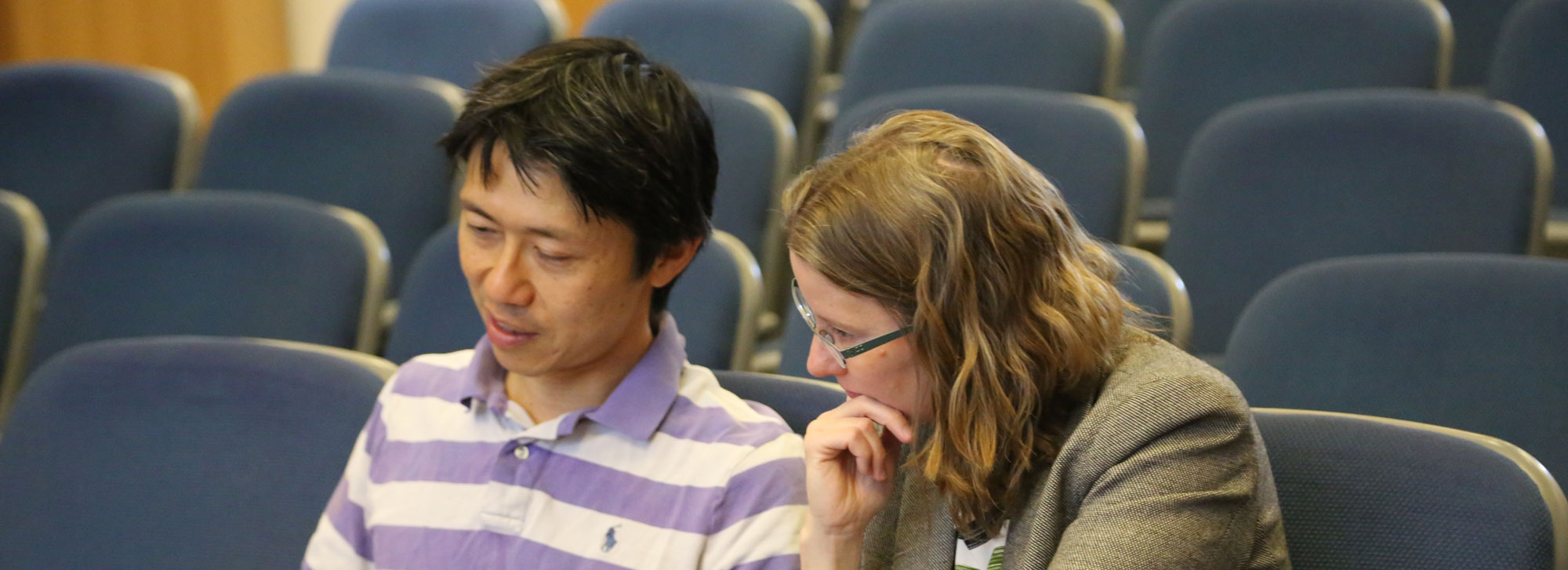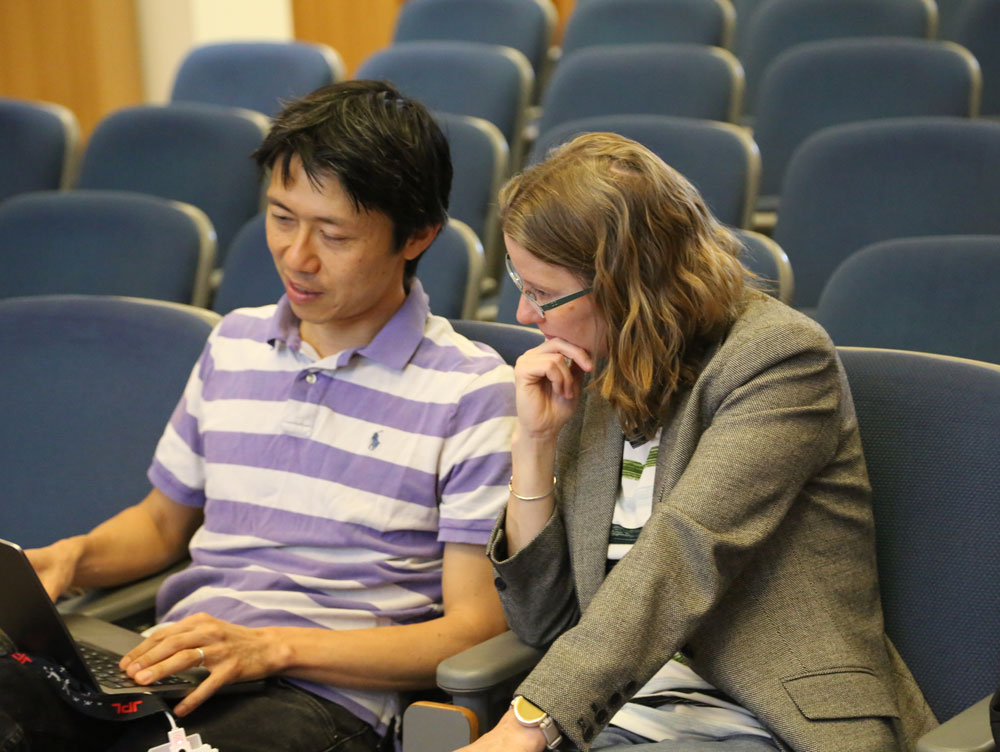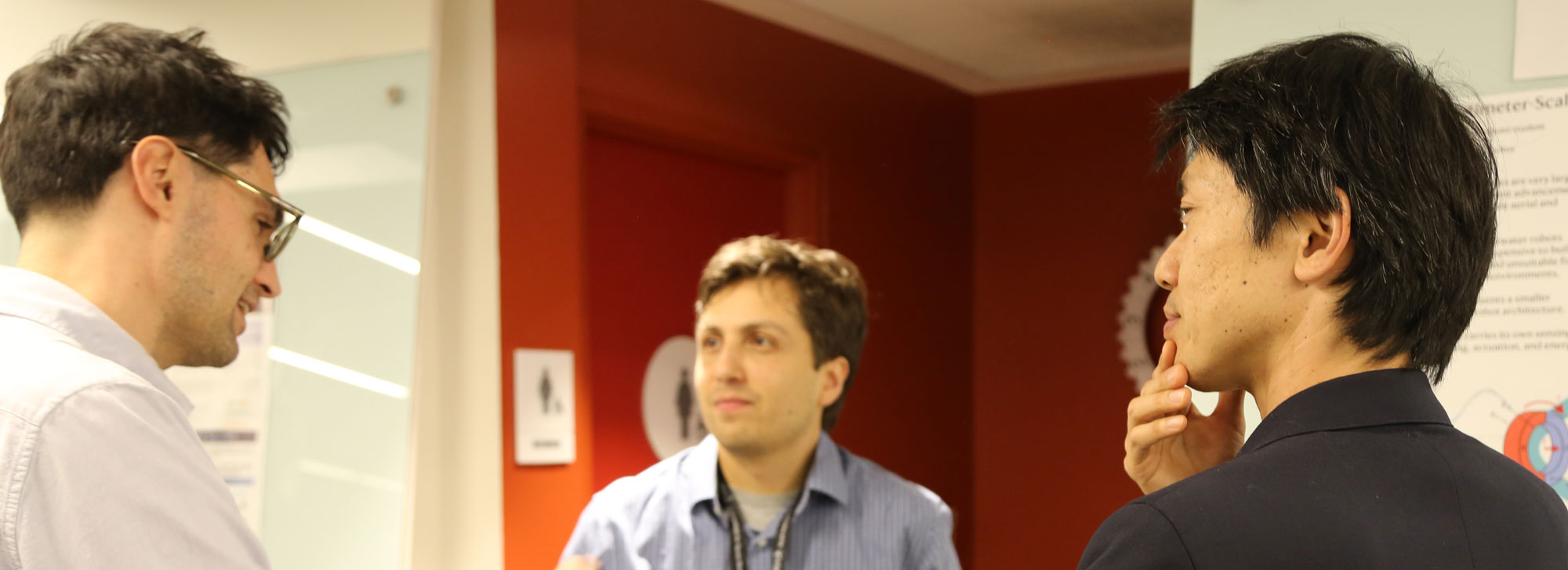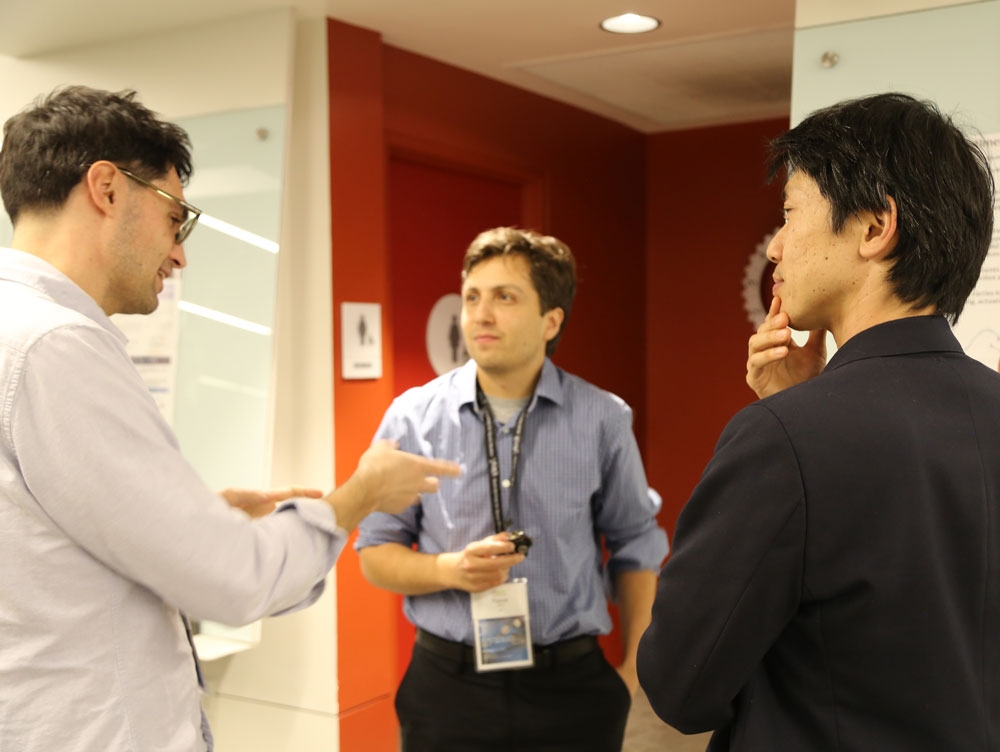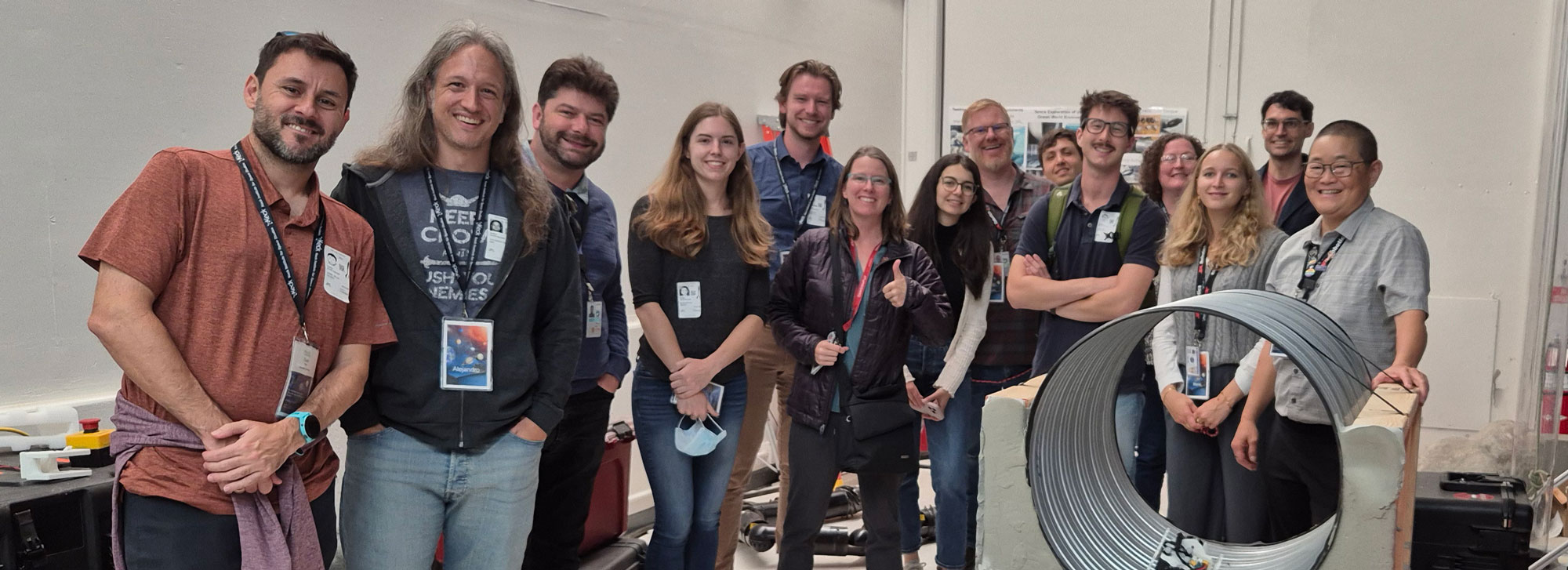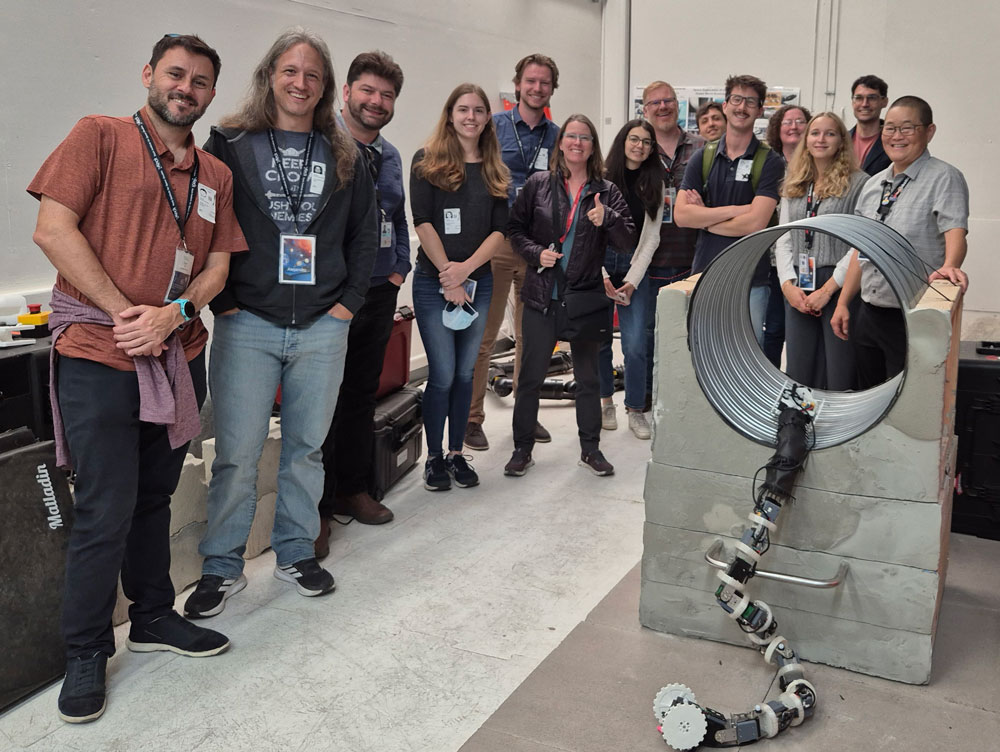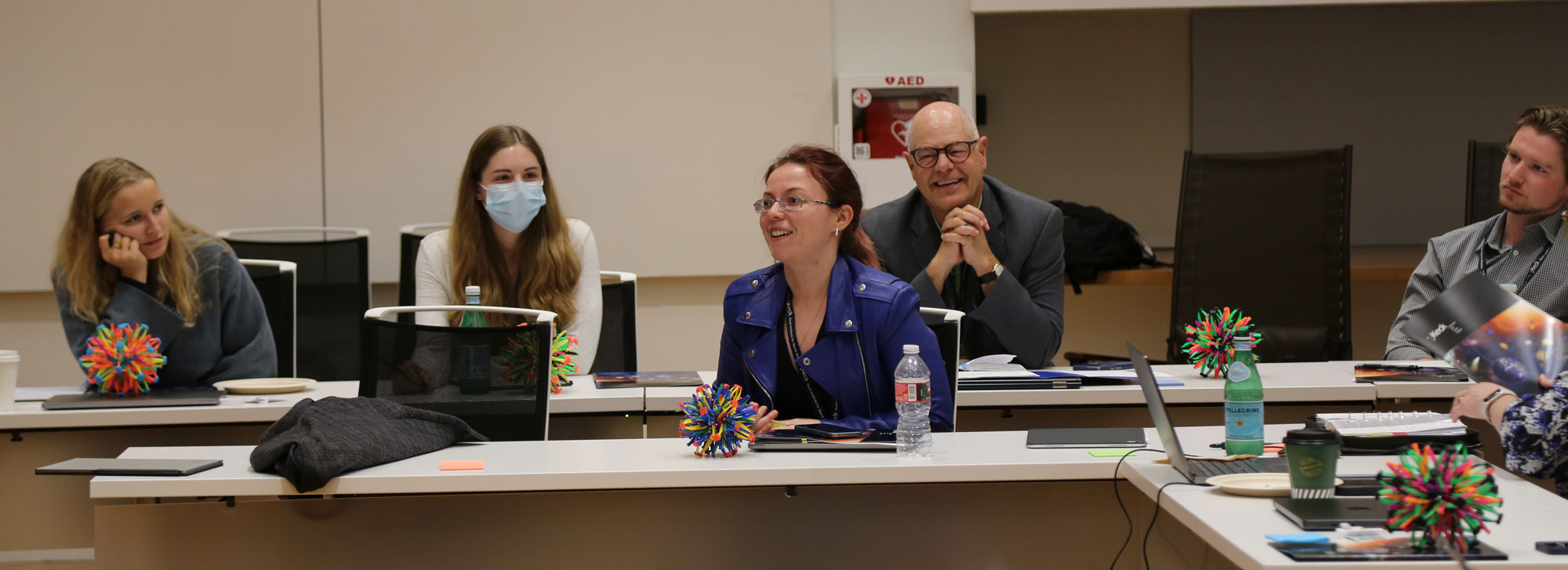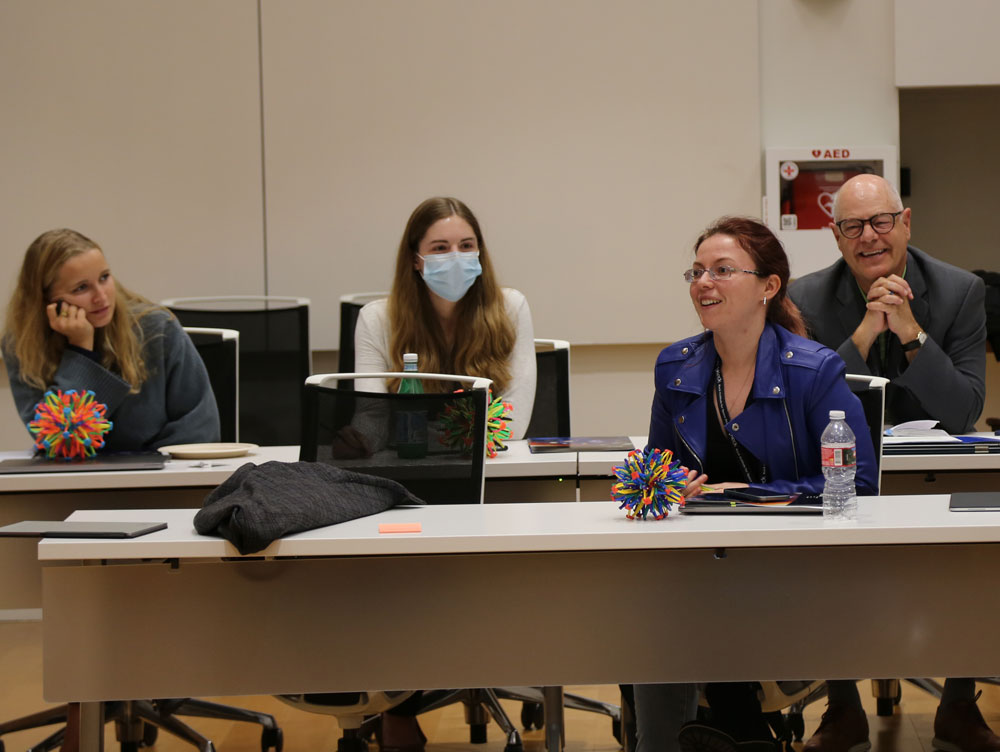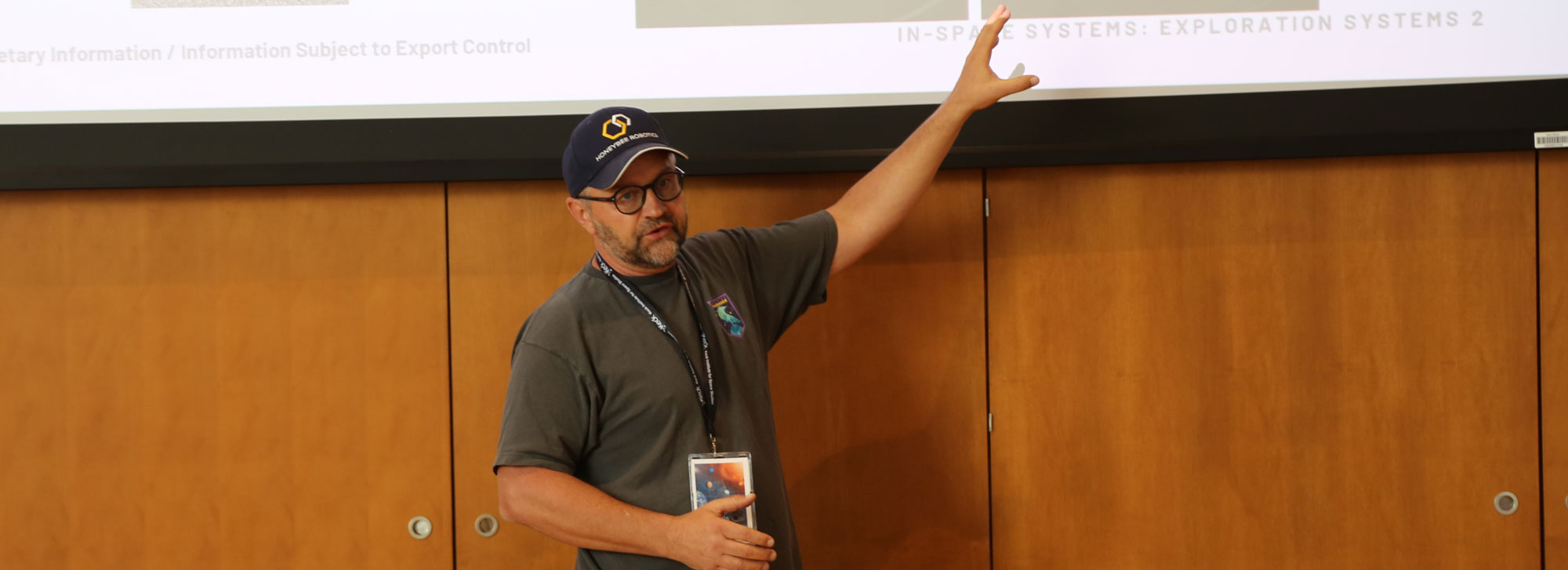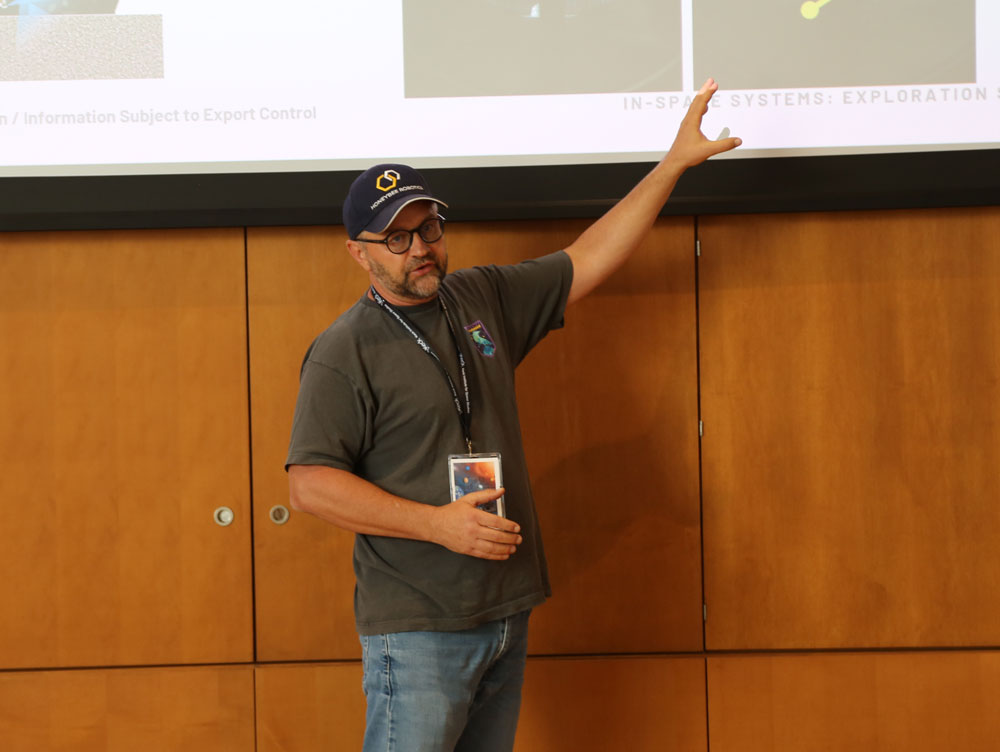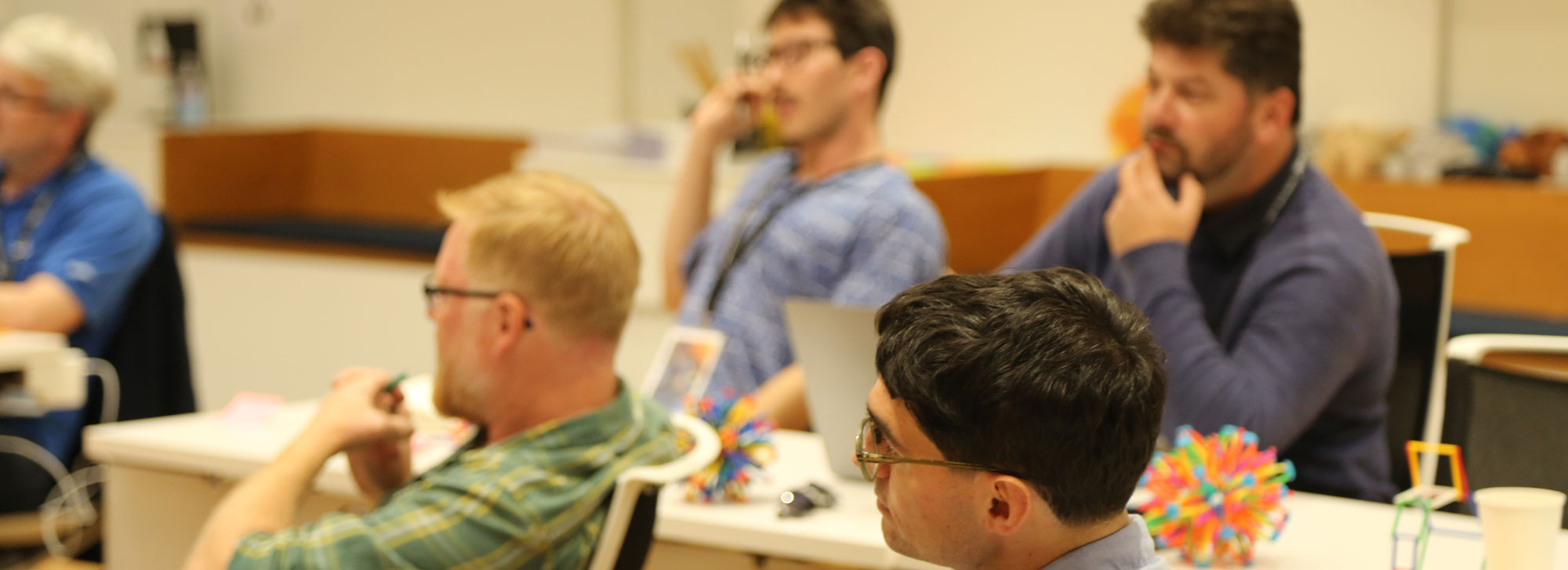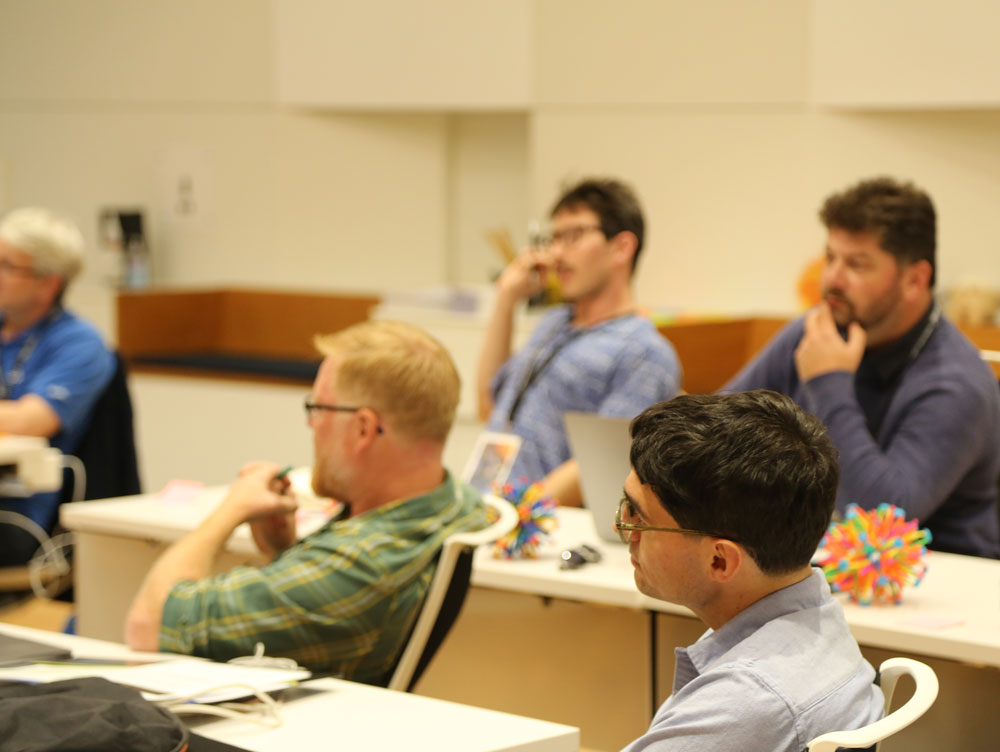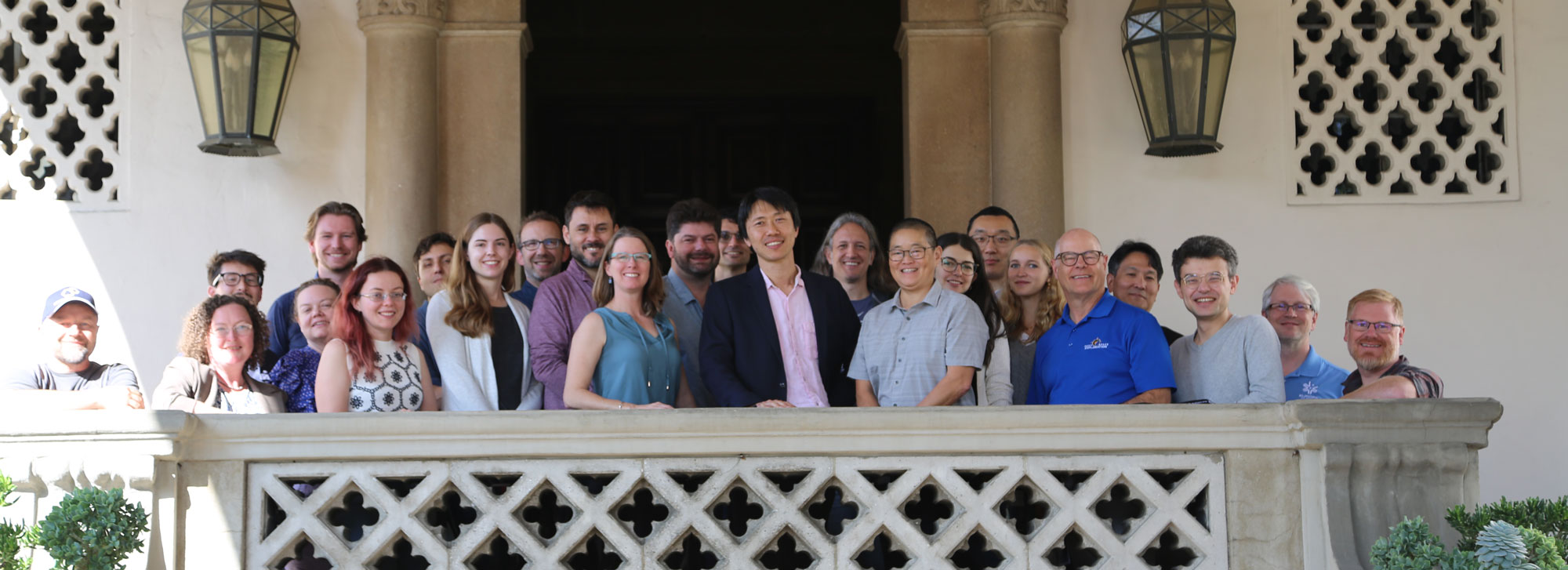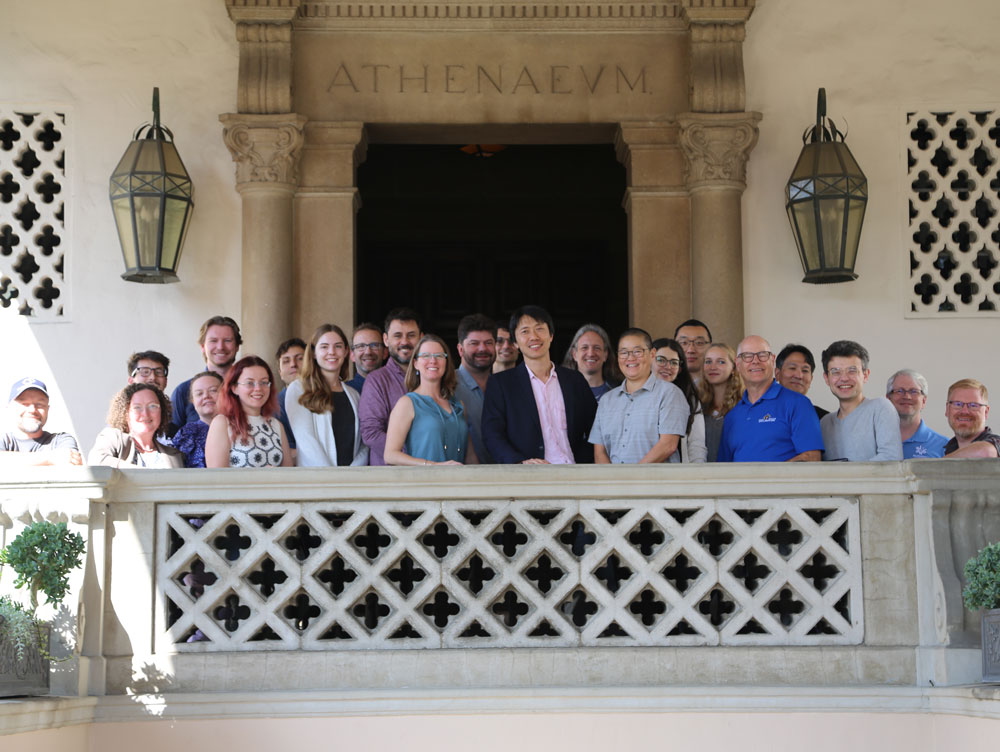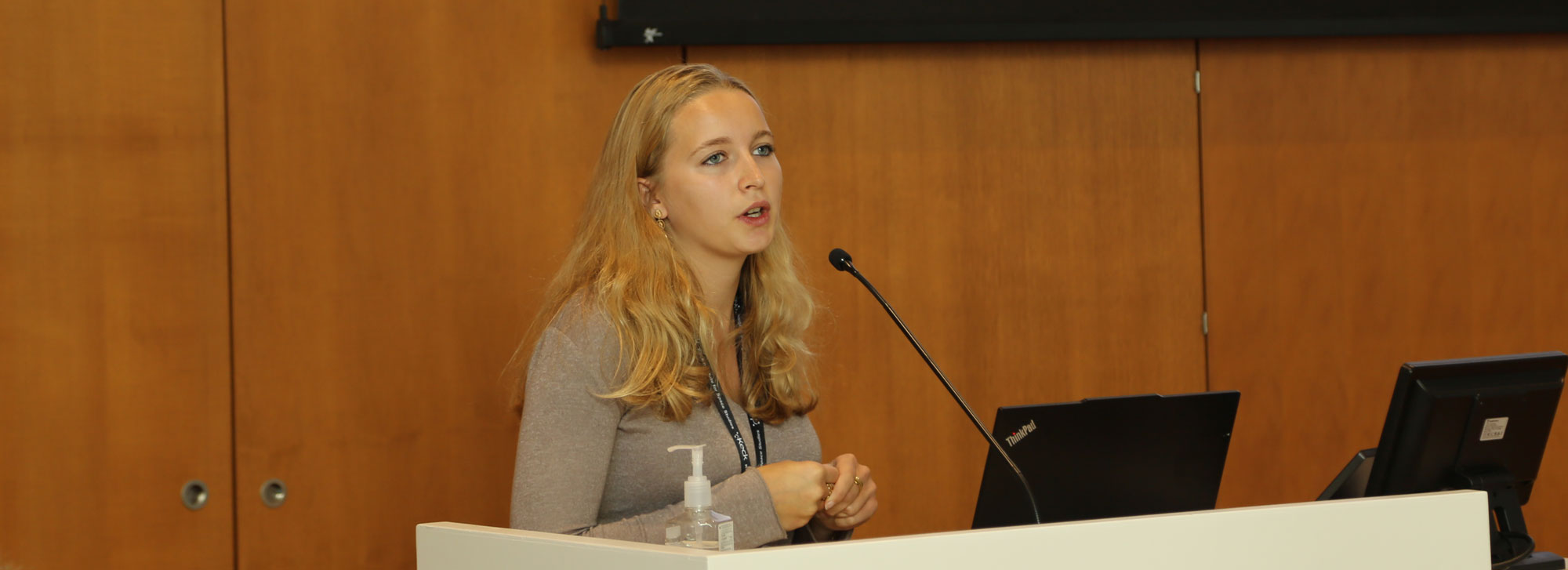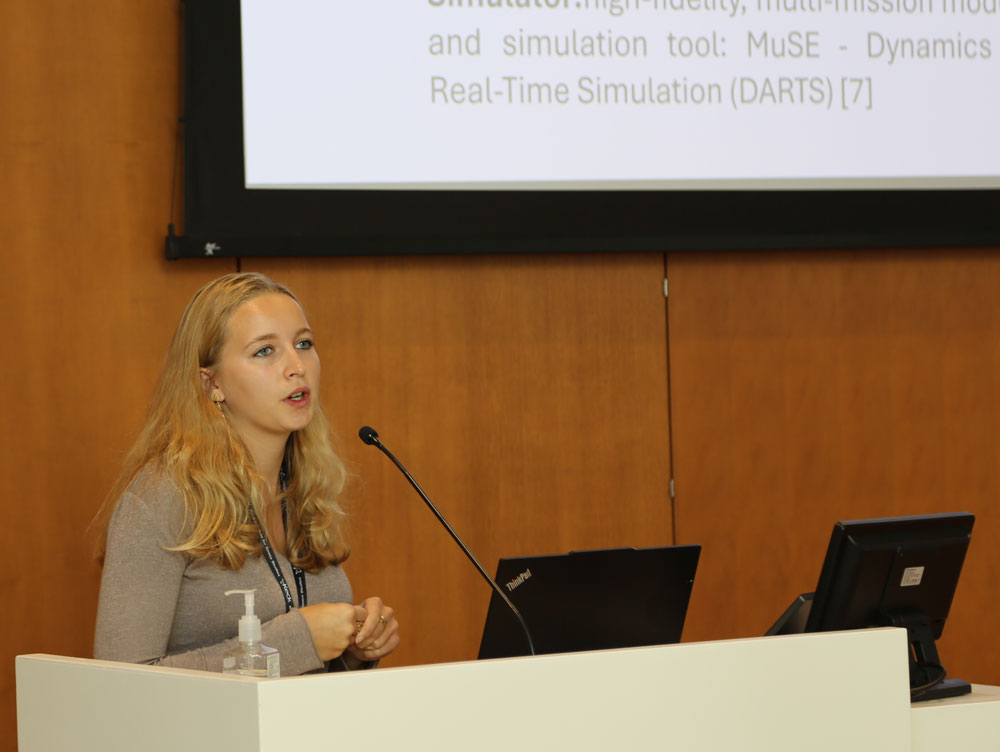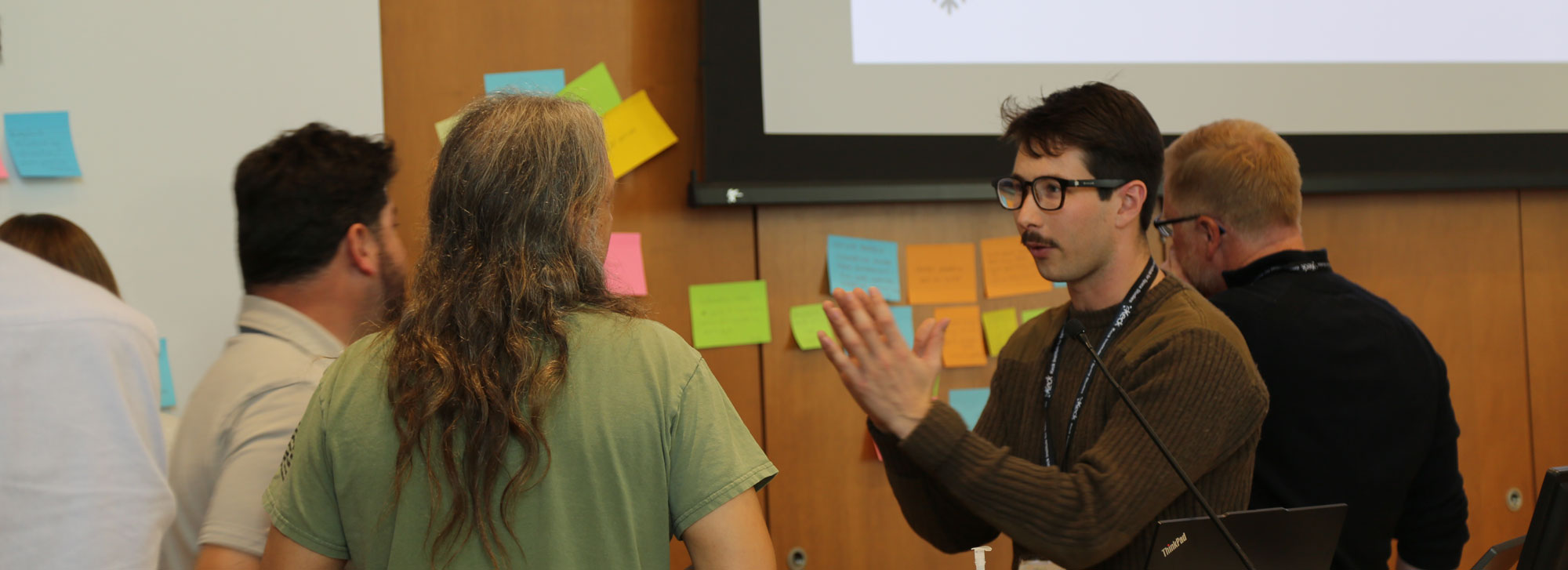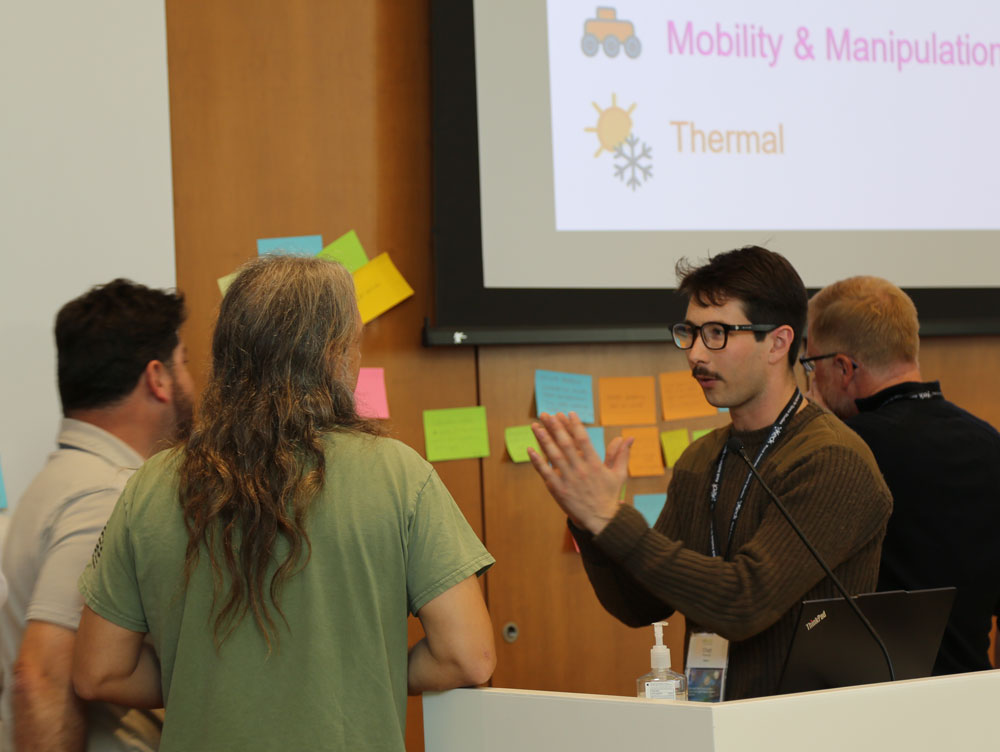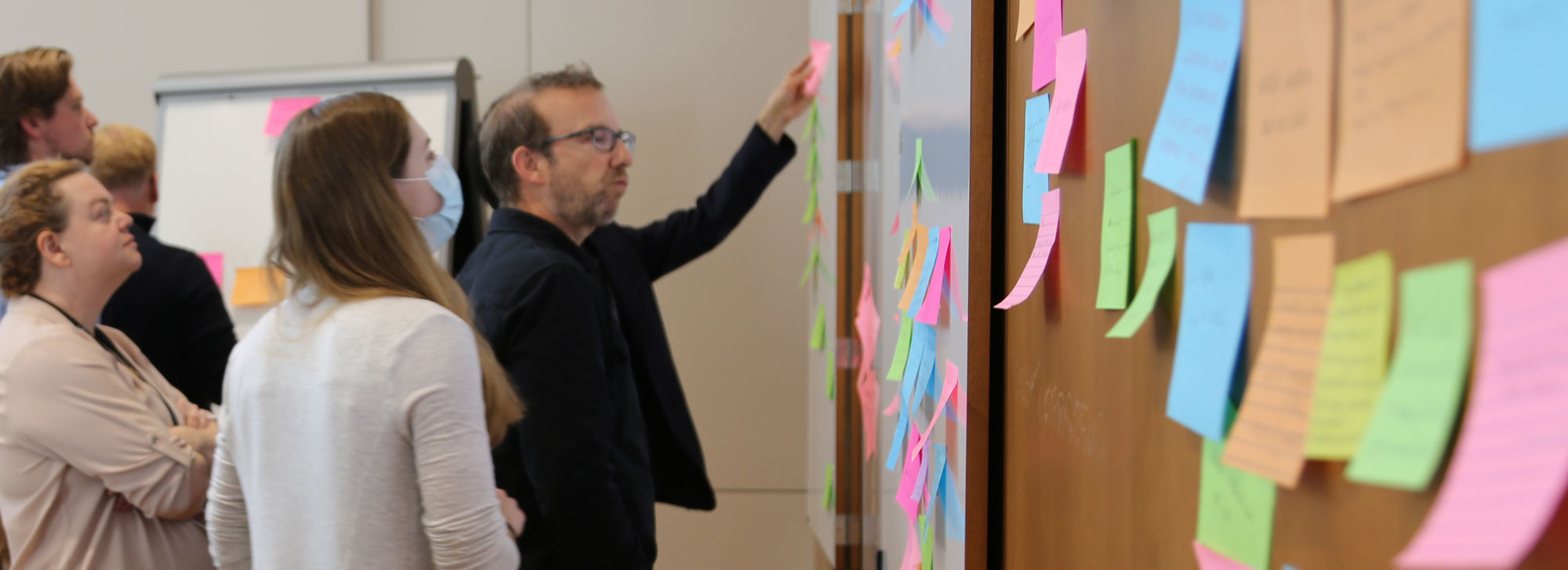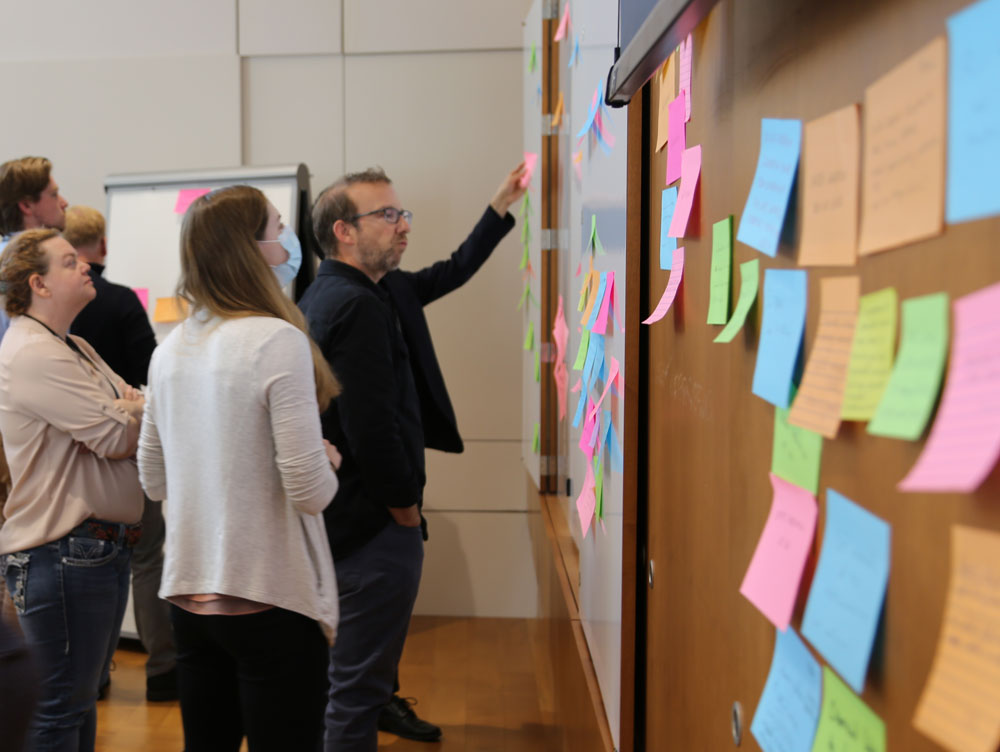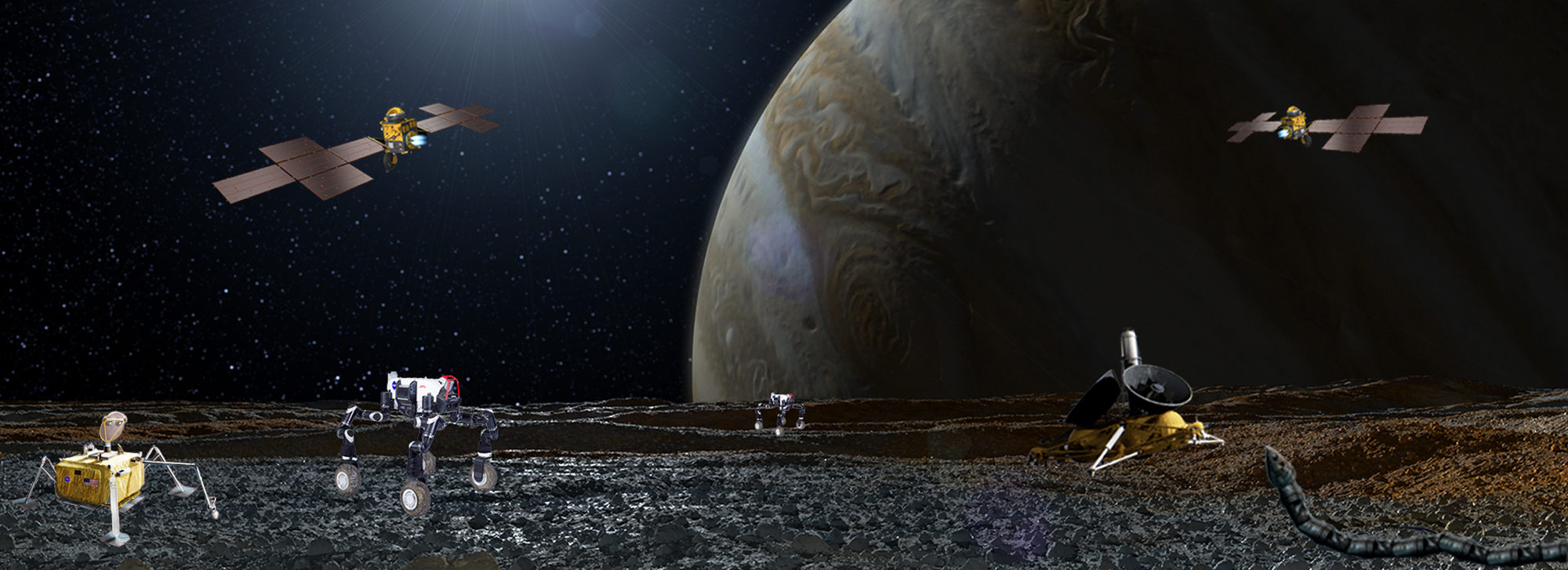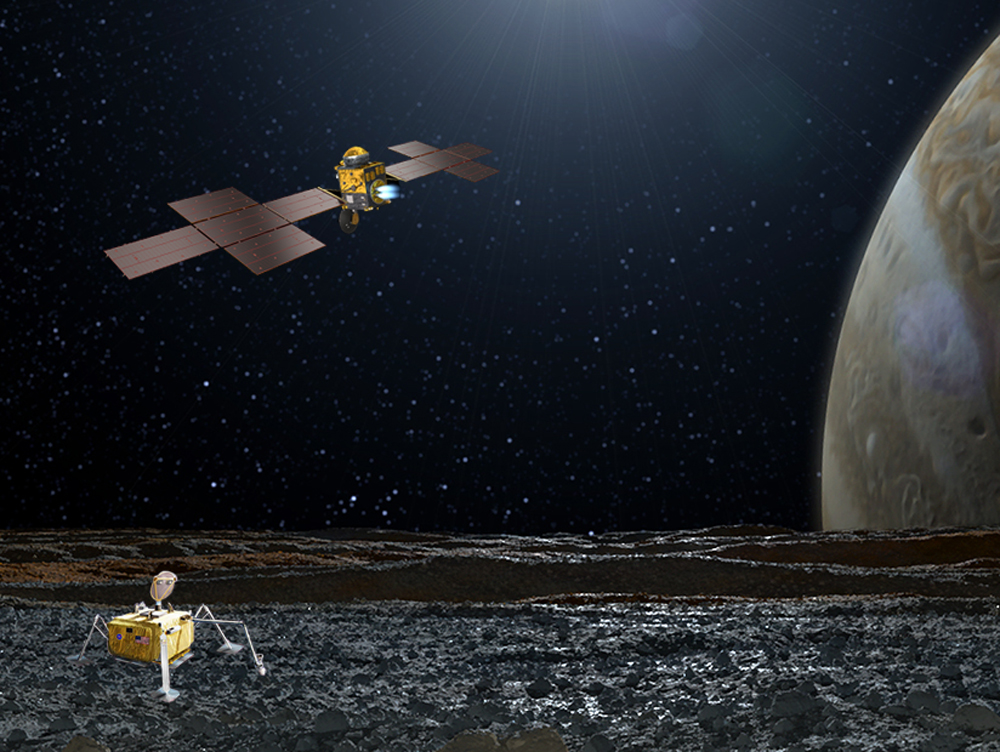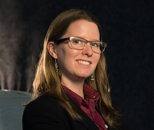Workshop Overview:
The surface and subsurface of any worlds beyond Mars still remain unexplored or underexplored. Yet it is these worlds that holds the key to some of the greatest questions in planetary science - for example, the icy moons of gas giants that conceal potentially habitable subsurface oceans, Kuiper belt objects that preserve ancient records of the Solar System, or interstellar objects on which we can sample and analyze rocks from other star systems. While NASA has been tremendously successful in robotic Mars exploration, it hinged on incrementalism through 15 progressively sophisticated missions spanning over four decades. It started with orbiters, followed by simple robotic missions, and then resulted in the highly complex Curiosity and Perseverance rovers. As we set our sights on exploring a multitude of unvisited worlds beyond Mars, we must face a subtle but profound problem: We will not enjoy the luxury of sending many missions to each of the destinations due to the extensive cruise time to the Outer Solar System and beyond (e.g., ~10 years to Saturn’s moons) unless we are willing to wait for many centuries.
We envision a new planetary exploration paradigm, which we call Robotic Space Exploration 3.0 (RSE 3.0), that explores unvisited worlds in one-shot with a radically adaptive space system. The incremental sophistication over many missions in the conventional paradigm will be replaced by the adaptation of the functional behaviors of a single robotic system in RSE 3.0. Since hardware cannot be upgraded once in space, the system must be software-defined. This idea is inspired by software-defined vehicles (SDVs), a concept popularized by Tesla, which routinely upgrades their vehicle capabilities, including physical ones, through over-the-air software updates (e.g., improving vibrational characteristics by upgrading the active suspension control). A software-defined space system (SDSS) can dynamically adapt physical functions in remote planetary environments. It must possess morphologically flexible hardware with redundant degrees of freedom (DOFs), modularity, and/or reconfigurability, combined with onboard autonomy for fully exploiting the hardware flexibility.
This KISS Study Program will aim to 1) establish the concept of software-defined space systems (SDSSs) that can adapt their functions at all levels, from science instruments to robotic capabilities, after launch through software updates, and 2) formulate a concrete one-shot multifaceted mission, which performs orbiting, landing, surface/subsurface exploration, and potentially sample return in a single unified mission, to a destination that will be selected in the First Workshop. The Study will also produce a technology roadmap for SDSS and recommend technology development programs for maturing key SDSS technologies. The mission concept will be matured through follow-on technology development programs and will be proposed to the next Planetary Science Decadal Survey as a white paper.
The goals of the First Workshop include:
- Obtain a deeper understanding of the limitations of the current planetary exploration paradigms and formulate the vision for the new adaptive exploration paradigm
- Identify available SW-defined capabilities and develop a reference architecture for SDSS
- Identify concrete use cases for SDSSs
- Identify several concrete exploration targets and mission concepts to be further investigated in the Second Workshop
The Second Workshop will focus on creating a mission concept that can be realized within the next Decadal cycle (i.e., Phase A in ~2035 - 2045).
